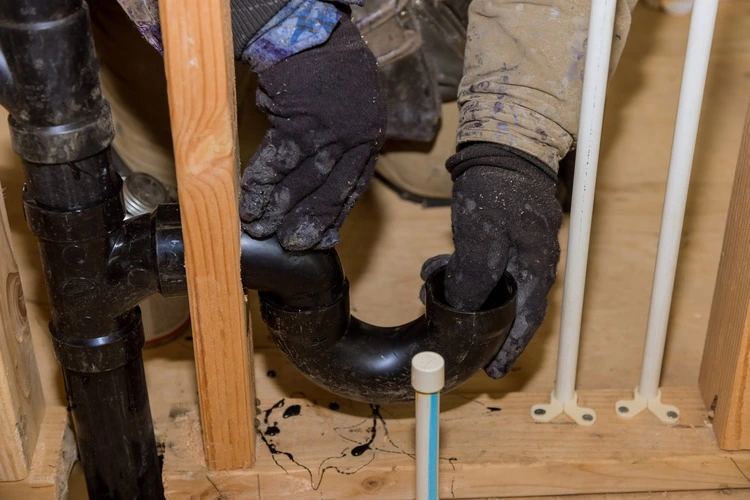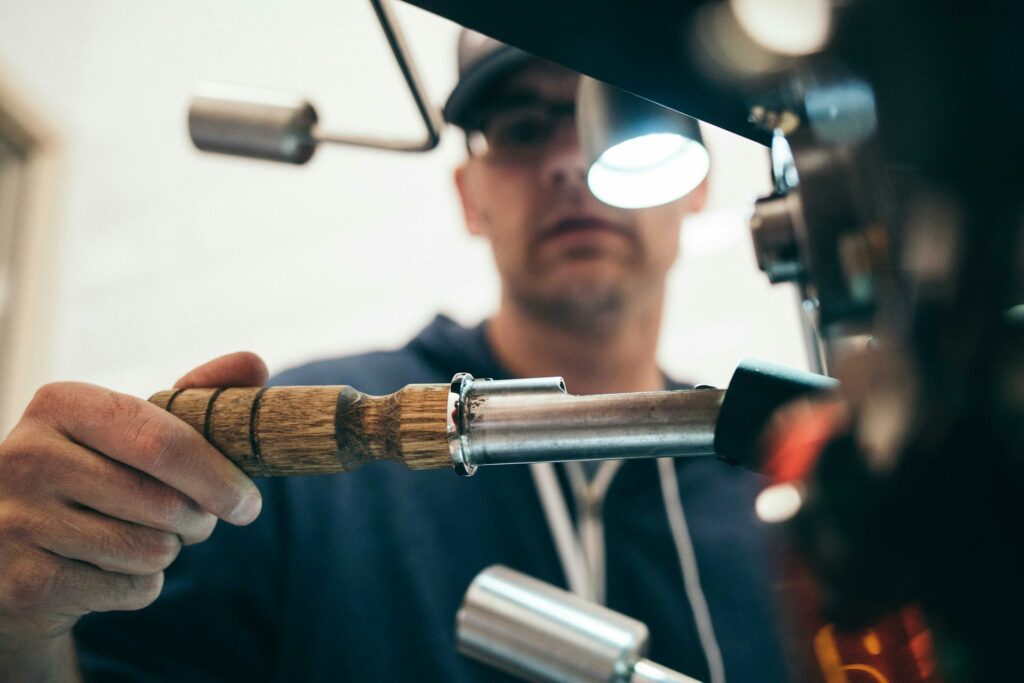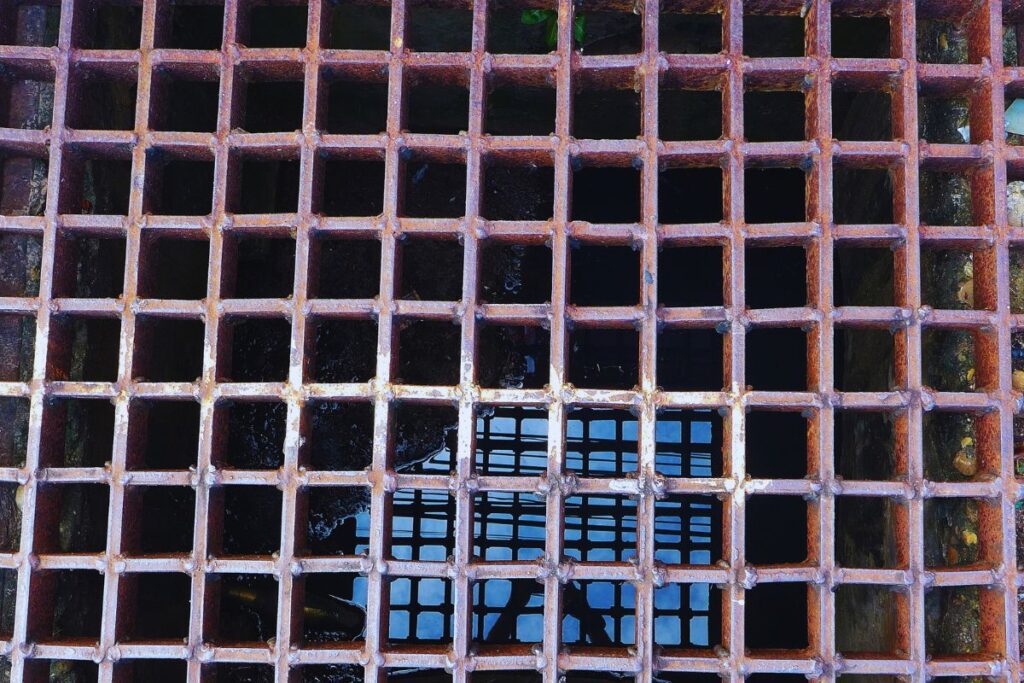Why a Clogged Sewer Line is an Emergency: Tips from A Plus Priority Plumber
Understanding Sewer Line Emergencies
A clogged sewer line isn’t just an inconvenience; it’s a ticking time bomb waiting to explode in serious health hazards and extensive property damage. The sewer line is the backbone of your home’s plumbing system, carrying waste away from your house. When it gets blocked, it disrupts the entire balance, much like a traffic jam halting movement on a busy highway.
Health Risks
The most pressing concern is the risk to your family’s health. A blocked sewer line can cause wastewater to back up into your home, bringing harmful bacteria and pathogens that can cause illnesses. According to the Centers for Disease Control and Prevention (CDC), exposure to untreated sewage can lead to diseases such as gastroenteritis, Hepatitis A, and leptospirosis.
Property Damage
Beyond health risks, a clogged sewer line can wreak havoc on your property. Water damage can destroy floors, walls, and personal belongings. Additionally, prolonged exposure to moisture can lead to mold growth, which is another health hazard on its own. For more detailed information on water damage risks, consult the Environmental Protection Agency (EPA).
Signs of a Clogged Sewer Line
Recognizing the symptoms early can save you from a full-blown emergency. Here are the tell-tale signs:
- Slow Drains: If multiple fixtures are draining slowly, it’s likely a sign of a clog in your main sewer line.
- Gurgling Noises: Unusual sounds from your toilets or drains can indicate trapped air caused by a blockage.
- Sewage Odor: The smell of sewage in your home is a strong indicator that something is wrong with your sewer line.
- Water Backups: Water coming back up into sinks, tubs, or toilets is one of the most obvious signs of a major problem.
Immediate Steps to Take
If you suspect a clogged sewer line, acting quickly can minimize damage. Follow these steps:
Stop Using Water
The first thing you should do is stop using water in your home. This includes turning off dishwashers, washing machines, and avoiding flushing toilets or running taps. Limiting water usage helps prevent further backups.
Call a Professional Plumber
This isn’t a DIY job. Contacting a professional plumber immediately is crucial. Experts have the tools and expertise to diagnose and fix the problem effectively. Check out our guide on finding reliable local services for more tips.
Document the Damage
Take photos and videos of any damage caused by the backup. This documentation will be invaluable if you need to file an insurance claim later on.
Preventive Measures
An ounce of prevention is worth a pound of cure. Here are some preventive measures to keep your sewer lines in top condition:
- Avoid Flushing Non-Flushables: Items like wipes, paper towels, and feminine hygiene products should never be flushed down the toilet.
- Regular Inspections: Schedule annual inspections with a professional plumber to catch potential issues before they become emergencies.
- Tree Root Management: Trees can invade sewer lines causing blockages. Regularly check for roots near your main sewer line.
Key Takeaways
- A clogged sewer line poses serious health and property risks.
- Recognize the signs early: slow drains, gurgling noises, sewage odors, and water backups.
- Act immediately by stopping water usage and calling a professional plumber.
- Implement preventive measures to avoid future clogs.
FAQ
Can I use chemical drain cleaners for a clogged sewer line?
Chemical drain cleaners are not recommended for major clogs as they can damage your pipes and provide only temporary relief. It’s best to consult a professional plumber.
How often should I have my sewer lines inspected?
It’s advisable to have your sewer lines inspected at least once a year to catch any potential issues early on.
What should I do if sewage backs up into my home?
If sewage backs up into your home, stop using water immediately and call a professional plumber. Document any damage for insurance purposes.
Conclusion
A clogged sewer line is undeniably an emergency that requires prompt attention. With health risks and potential property damage at stake, it’s crucial to recognize the signs early and take immediate action. By following preventive measures and seeking professional help when needed, you can protect your home and loved ones from the disastrous consequences of a clogged sewer line.






